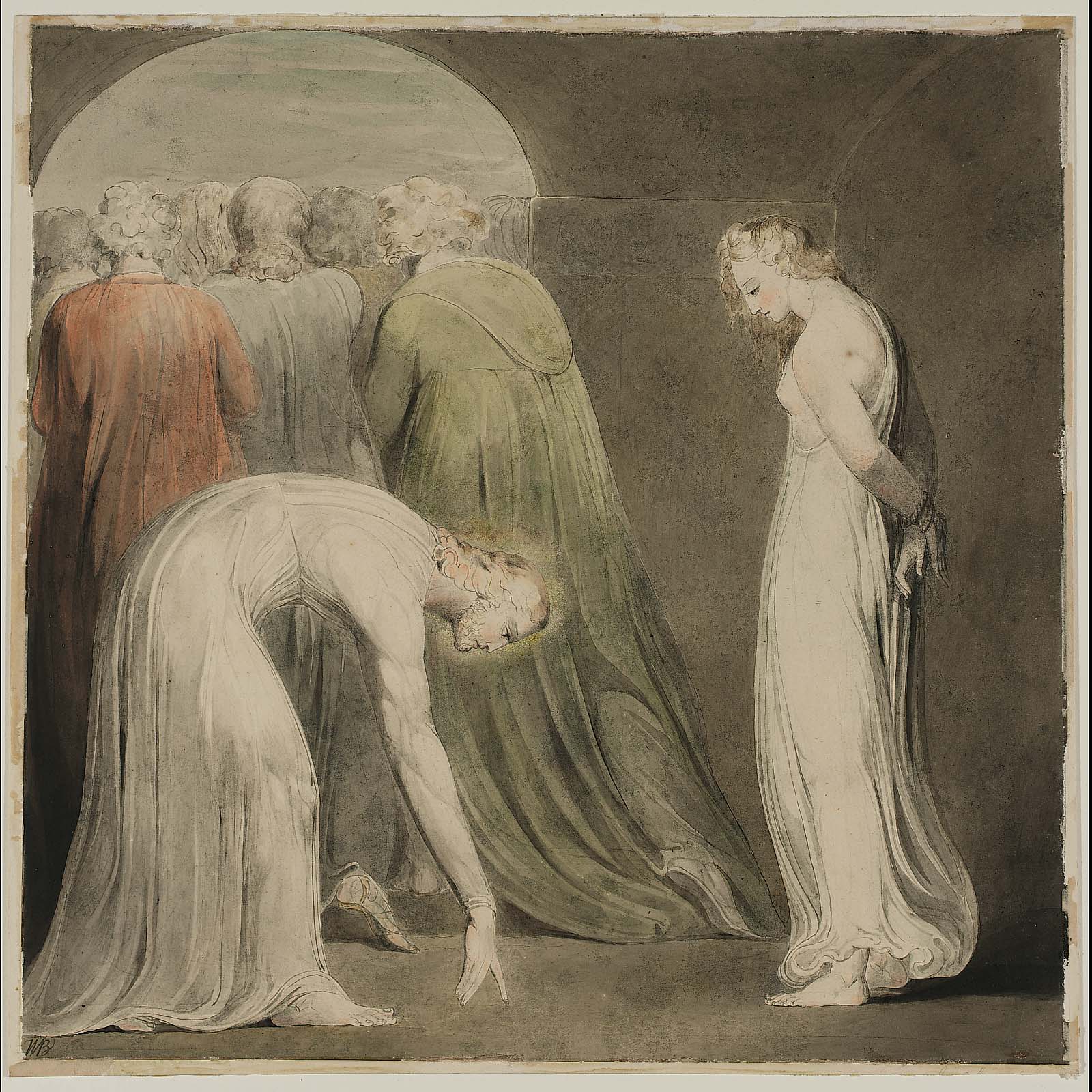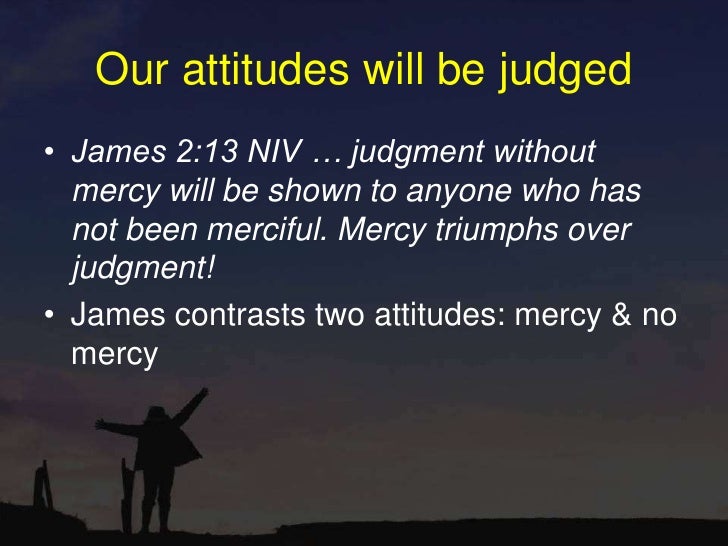Dear Fred,
Several years ago I attended a series of talks by biblical exegetes at Chautauqua Institution. https://en.wikipedia.org/wiki/Chautauqua_Institution
I have two clear memories of that experience.
1.) Most of the bible's books were written over long periods of time with many latter-day "scribal" modifications. In effect, the bible is a "collective effort by humankind's representative voices" and, consistent with this collaborative effort, the bible is suffused with two basic (and competing) points of view: one reflecting the conservative, "punitive" point of view; the other expressing the liberal "forgiving" point of view. (We know for example that "the story of the woman taken in adultery" -- for many Christians a high water mark of Yeshua's mercy -- is a late insertion in John's non-synoptic Gospel. https://en.wikipedia.org/wiki/Jesus_and_the_woman_taken_in_adultery)
2.) Unconsciously, "everyone" who grew up with the bible -- particularly The New Testament -- creates a single, "condensed version" of The Four Gospels which glosses the long parade of internal inconsistencies and factual impossibilities. The just-concluded Easter triduum exemplifies this convenient "simplification by unconscious amalgamation": not one in a thousand Christians is aware that the gospels of Mark and Matthew represent the criminals crucified with Jesus as joining the crowd in mocking him, whereas in the Gospel of John, one of those "thieves" recognizes Yeshua (the practicing Jew) as The Savior of The World and begs his heavenly intercession. https://en.wikipedia.org/wiki/Penitent_thief
It bears mention that the four canonical gospels are biblical exceptions-to-the-rule of Old Testamental punitiveness insofar as the words of Jesus himself are much more aligned with mercy, compassion and forgiveness than with The Old Testament's emphasis on punishment, vengeance and retaliation (the etymology of "retaliation" deriving from the Old Testament's "Law of the Talion"). Perhaps the most notable instance of the gospels' exception to the general biblical rule is when Jesus says, "I do not want sacrifice but mercy." (Oddly, the roots of this astonishing prioritization of mercy are found in the Old Testament. http://biblehub.com/matthew/9-13.htm /// http://biblehub.com/hosea/6-6.htm)
James' Epistle: "Judgment Without Mercy Will Be Shown To Anyone Who Has Not Shown Mercy"
The Gospels With The Words Of Jesus In Red
Everything Jesus And The Apostles Had To Say About "The Rich" And "The Poor"
Pax tecum
Alan
PS You may know my longstanding conviction that evangelicals, fundamentalists and Christian traditionalists would find themselves more at home in The Old Testament than The New, worshiping the atavistic Thunder Sky God with far greater zeal than "the God who is love."
The Gospels With The Words Of Jesus In Red
Everything Jesus And The Apostles Had To Say About "The Rich" And "The Poor"


Young William Blake and The Moravian Tradition of Visionary Art

Mercy Is Not Fair

No comments:
Post a Comment